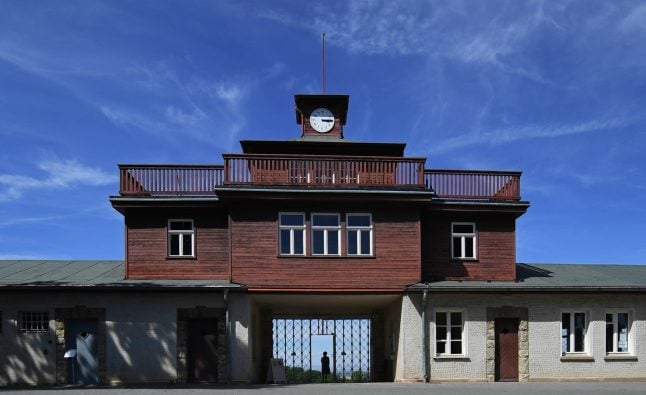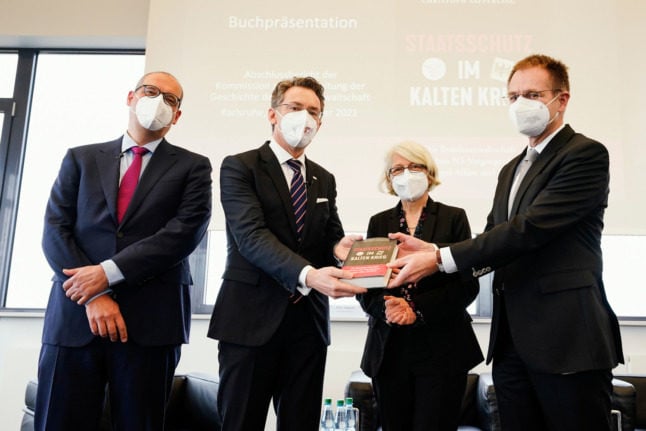Criticising “disrespectful” behaviour, the foundation asked guests to refrain from leisure pastimes at Buchenwald and the former subcamp Mittelbau-Dora in eastern Germany.
“Sporting activities are a violation of visitor rules and disturb the peace of the dead,” it said in a statement, warning that its security staff would be stepping up patrols and trespassers would be reported to the police.
The director of the foundation, Jens-Christian Wagner, told news website Der Spiegel that “masses” of daytrippers had gathered at the site over the weekend and most seemed to have come for fun in the snow.
“Some of the sledge tracks ended at the mass graves,” he said.
In other shameful German news, some people use their sleighs between mass graves in the former concentration camps of #Buchenwald and #Mittelbau-Dora to make the most of the snow because why not add desecration to crimes against humanity ? https://t.co/2eZN91OgkO
— Emmanuelle Chaze (@EmmanuelleChaze) January 14, 2021
Wagner said he could understand that many families with children wanted to spend time outside, particularly during a nationwide lockdown due to the coronavirus, but that the memorial expected appropriate behaviour from its visitors.
“As time passes, historical sensitivity is fading,” he said.
More than 76,000 men, women and children died at Buchenwald and Mittelbau-Dora during World War II. They were either killed by the Nazis or perished through illness, cold or starvation.
Thousands of Jews were among the dead, but also Roma, gypsies and political opponents of the Nazis, gays and Soviet prisoners of war.
Last January the then head of the Buchenwald foundation, Volkhard Knigge, warned that unwanted visits from neo-Nazis were becoming an increasing problem ahead of the 75th anniversary of the camp's liberation.
“We increasingly find messages in the guest book claiming that Nazism and the concentration camps were sensible and good for the Germans,” he told German media.



 Please whitelist us to continue reading.
Please whitelist us to continue reading.
More spot on ‘reporting’! If you could call it reporting. This is absolute rubbish! You mostly just ‘Repeat’ the ‘Party Narrative’ & tow the socialists line. Stop using your tactics to divide the population.